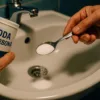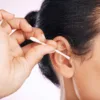We use various products in our homes every day, from food to cleaning products, without realizing the potential consequences of pouring them down the drain. Pouring inappropriate substances down the drain can not only clog pipes, but also have long-term negative impacts on the environment and water resources. Let's take a look at why it's important to be careful when handling waste and which ingredients should never end up in our drains.
Being responsible in waste management it is not only a matter of preventing discomfort in the domestic environment, but also a step towards maintaining clean and healthy water sources. By properly disposing of waste, each of us can contribute to a greener and healthier future. Before what do you pour down the drain, think about the long-term consequences of their actions.
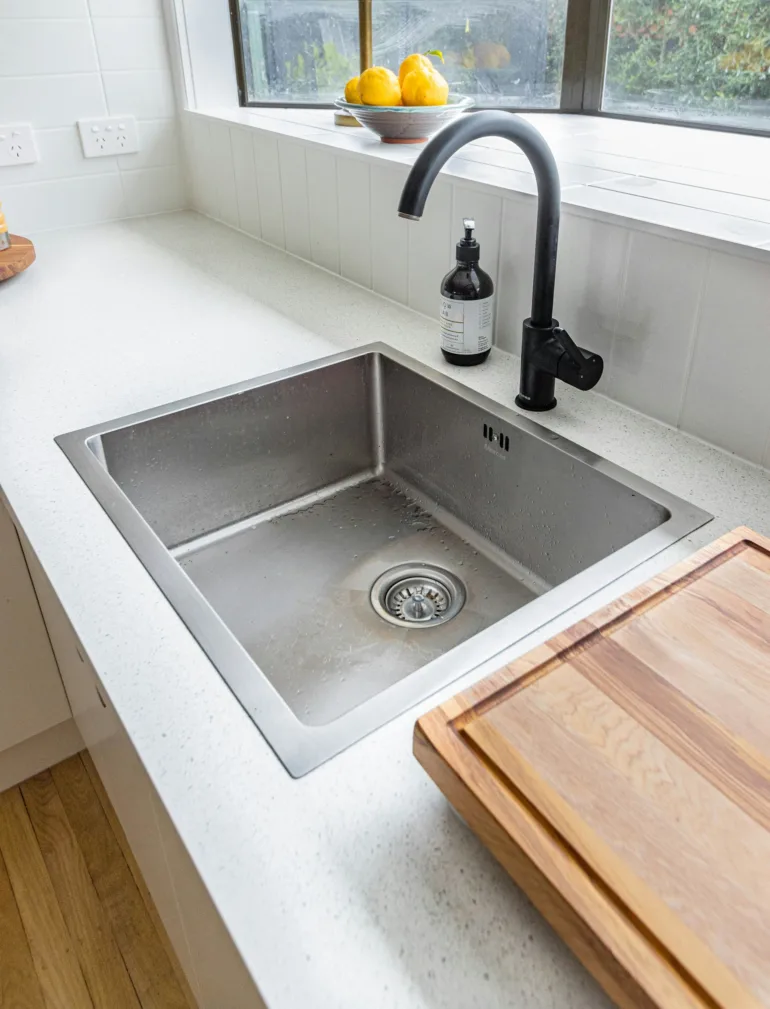
Why is it important to be careful about what we pour down the drain?
Pouring inappropriate substances down the drain can cause serious problems. For example, fats and oils can harden and create clogs in pipes. Chemical substances such as some cleaning agents can damage water flora and fauna and pollute drinking water. An additional burden is also represented by sewage treatment plants that are not designed to process all types of wastev and can lead to releases of untreated water into the environment when overloaded.
12 homemade ingredients that should not be flushed down the drain
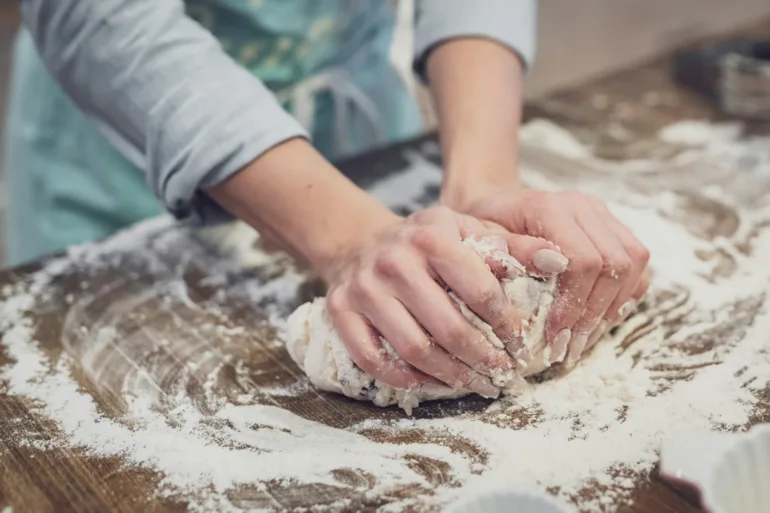
- Medicines: Pills and other medicines contain chemicals that can harm the aquatic ecosystem. Instead of pouring them down the drain, bring them to pharmacies where they will be destroyed properly.
- Cooking oil: When the oil cools, it hardens and can cause serious blockages. Collect the oil in special containers and submit it for recycling.
- Flour: When flour comes into contact with water, it swells and quickly forms clogs. Instead of going down the drain, throw the flour in the organic waste.
- Coffee residue: Coffee grounds can accumulate in the pipes. You can use it as a fertilizer for plants or throw it into the compost.
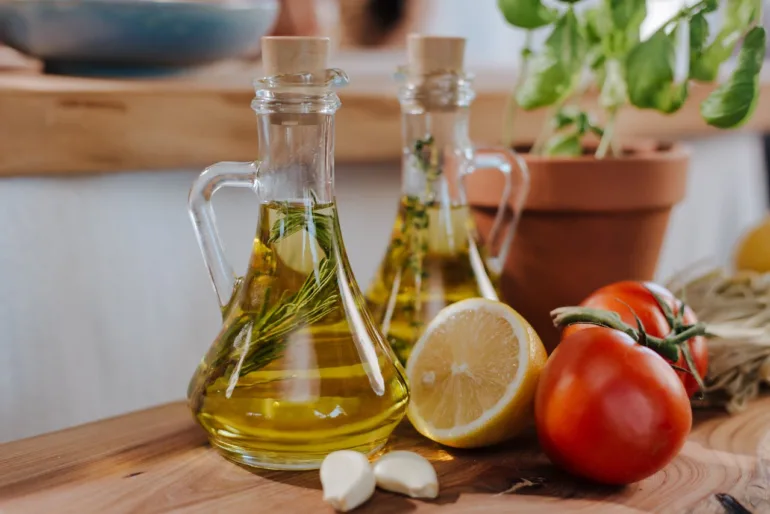
- Moisturizing wipes: Even though they are labeled as 'biodegradable', they often still cause problems in sewage systems.
- Condoms: They are impermeable and can block the drain. Always throw them in the trash.
- Paints and solvents: They contain chemicals that can harm water and the environment. Check local guidelines for hazardous waste disposal.
- Cleaners, especially those with aggressive chemicals: Some cleaners can damage pipes and harm the aquatic ecosystem.
- Flakes and cereals: Like flour, these can swell and cause blockages.
- Building materials such as plaster: It hardens quickly and clogs the drain.
- Plastic and packaging: They should never end up in drains as they do not break down.
- Fat residues and sauces: They can cause loading and clogging of drains.
